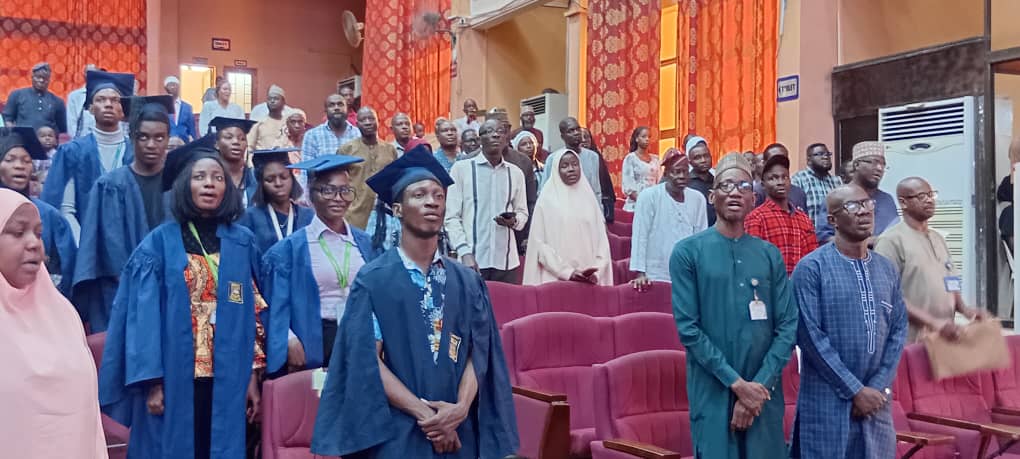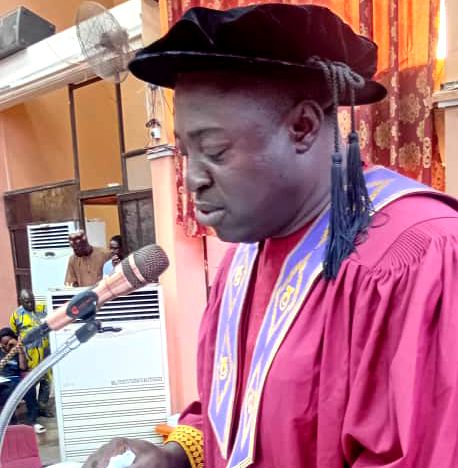The need for a value-driven and technologically advanced approach to cost management in the construction industry took center stage on Thursday, as Professor Ganiyu Amuda-Yusuf delivered the 281st Inaugural Lecture of the University of Ilorin.
Titled “Value Proposition for Enhancing Cost Management of Subservient and Neglected Elements in Building,” the lecture spotlighted often-overlooked components of building services (BS) and called for systemic reforms in theory, practice, and policy to enhance construction outcomes.
The event, held in line with the university’s tradition of promoting research-driven dialogue on national development, was attended by the Vice-Chancellor, Professor Wahab Egbewole, members of the university management, faculty, industry stakeholders, students, and invited guests.
Professor Amuda-Yusuf, a distinguished scholar in Quantity Surveying from the Faculty of Environmental Sciences, emphasized the urgent need to integrate Building Information Modelling (BIM), Value Engineering (VE), and sustainable construction practices into mainstream project management frameworks.
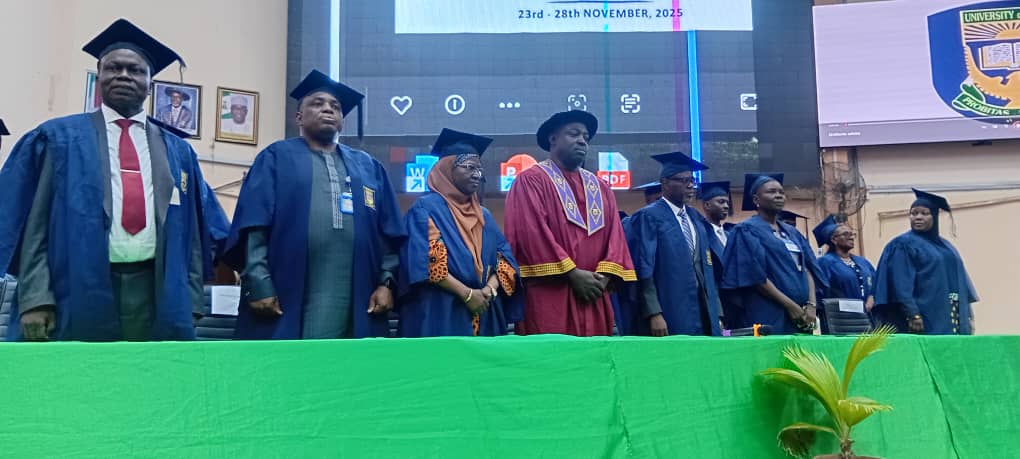
Tracing the evolution of Quantity Surveying from its roots in the post-Great Fire of London reconstruction to its modern-day relevance, he referenced milestones such as the development of the Edinburgh Mode of Measurement and the standards of the Royal Institution of Chartered Surveyors. These, he said, reaffirm the profession’s important role in managing construction costs and delivering value for money.
“The current cost management framework overlooks several critical components, particularly building services (BS), leading to project delays, budget overruns, and compromised quality,” said Professor Amuda-Yusuf.
He called for the full adoption of BIM not merely as software, but as a comprehensive project collaboration tool that enhances coordination, transparency, and efficiency.
He further emphasized the need for localized measurement standards, environmentally conscious design practices, and robust risk management systems in building services.
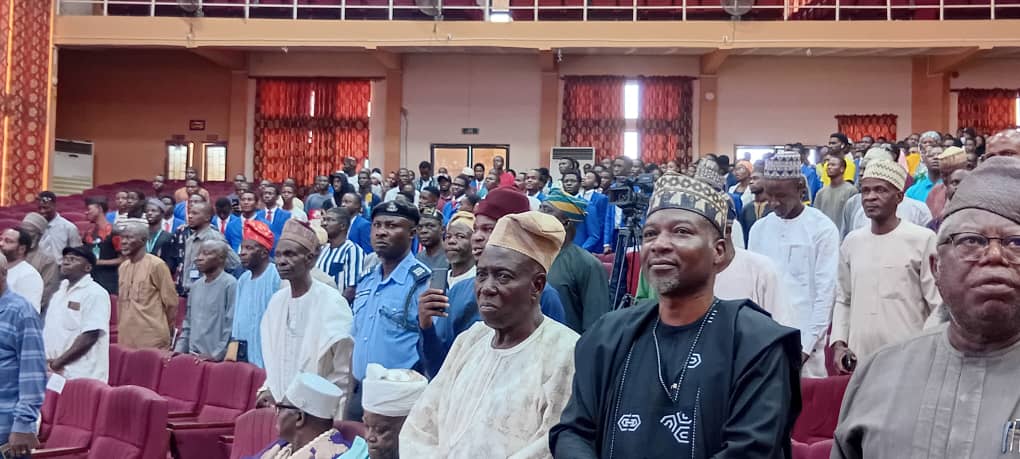
“Building services, such as electrical systems, HVAC, plumbing, and fire safety, are vital to the functionality of any structure. Yet, they remain subservient in both design consideration and cost control,” he noted. According to him, these elements are often underrepresented during project planning, resulting in inefficiencies, inflated costs, and increased operational risks.
“Our focus must shift from mere cost-cutting to value creation,” Professor Amuda-Yusuf asserted.
He also advocated the establishment of a Construction Industry Development Board (CIDB) to regulate industry standards, enhance transparency, and promote professionalism across the sector.
To address the existing gaps, the inaugural lecturer proposed a 10-point roadmap for transforming the construction industry. Key recommendations included:
Interdisciplinary integration among architecture, IT, and engineering fields, adoption of BIM as a strategic project management framework, establishment of national standards for measuring and pricing building services and capacity building and curriculum reforms to promote sustainability, among others.
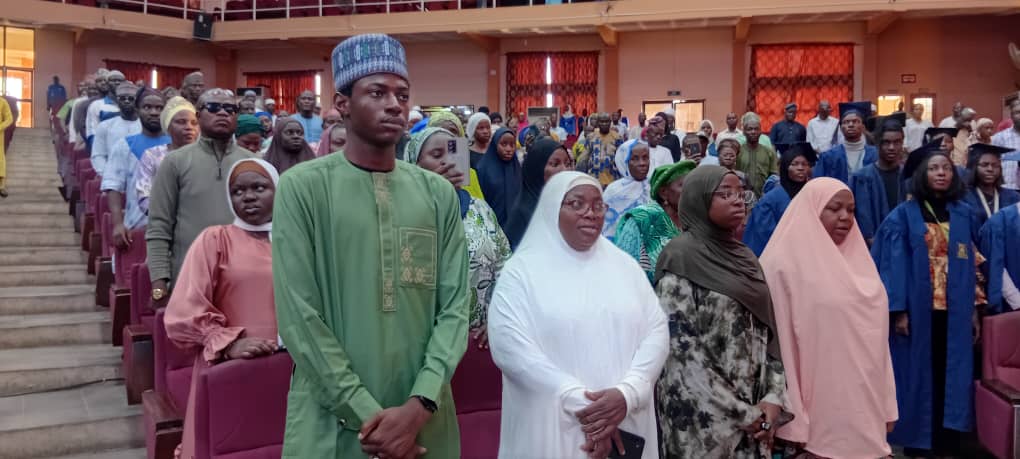
He urged educational institutions to embed sustainable construction principles into their curricula and support research that translates into practical, industry-ready innovations.
In conclusion, the veteran quantity surveyor emphasized that while the proposed roadmap is not exhaustive, it provides a foundational blueprint for transforming Nigeria’s construction sector into a more efficient and sustainable ecosystem.
He called on theorists, practitioners, and policymakers to unite in driving meaningful reforms in the nation’s construction landscape.
Professor Amuda-Yusuf, who holds degrees from Ahmadu Bello University, the University of Salford, and Universiti Teknologi Malaysia, is a Fellow of the Nigerian Institute of Quantity Surveyors and a Registered Quantity Surveyor.
